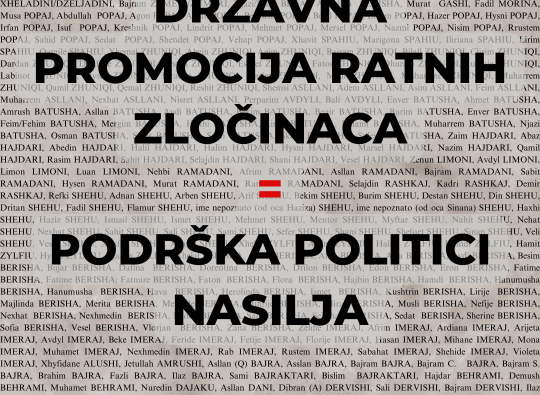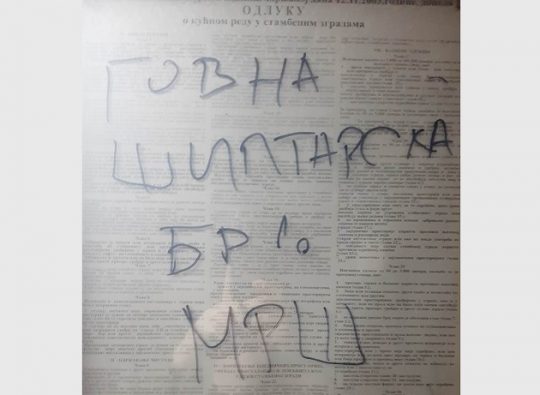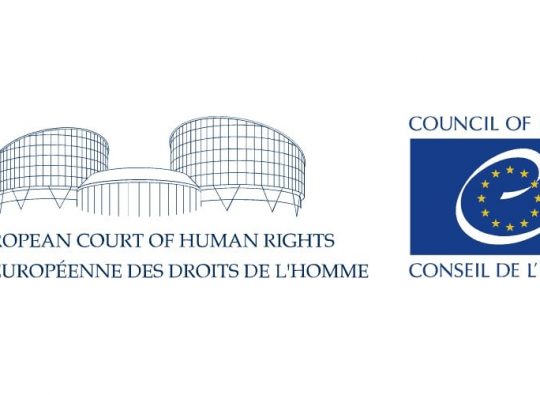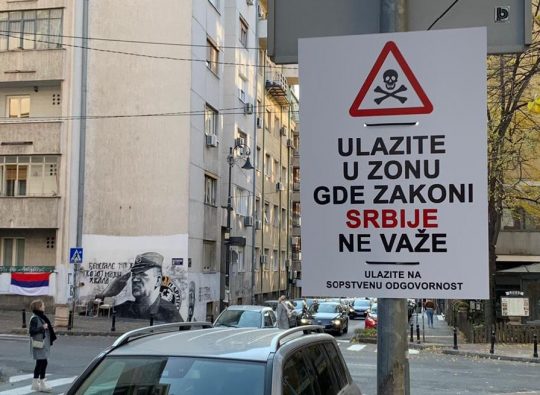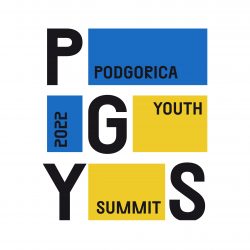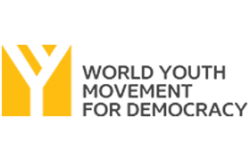The Youth Initiative for Human Rights, YIHR, a regional organisation of young activists and experts on transitional justice, presented a piece of analysis on Monday that shows how convicted war criminals continue to play prominent roles in the public arena in the Balkans.
“We have observed that in all the countries where YIHR has an office, there is a similar type of problem: war criminals in the public arena are valued, some of them as heroes and [some of them are] in some type of alliances with political power,” Branka Vierda from the Croatian branch of YIHR said at 12th annual Forum for Transitional Justice in Post-Yugoslav Countries, which was held in Zagreb.
The YIHR’s analysis noted that a large number of defendants were warmly welcomed by the state leaders and church officials after serving their sentence or being given early release. Some have also been granted special favours.
In September 2018, Croatian media reported that Tomislav Mercep, who is serving a seven-year sentence for war crimes, spent several weeks recuperating at a spa instead of serving his time in jail.
Vierda recalled that Croatian Veterans’ Affairs Minister Tomo Medved agreed with the decision and that he “personally pledged that Mercep could stay at the spa”.
In April this year, Bosnian Croat Hague Tribunal convict Dario Kordic gave a speech at a student residence in Zagreb about his years in prison and his religious beliefs. Kordic was released in 2014 after serving two-thirds of his 25-year sentence and was welcomed by some Croatian politicians when he arrived at Zagreb airport, Vierda noted.
She also noted how Croatia’s President Kolinda Grabar-Kitarovic refused to revoke honours awarded to six officials from the Bosnian Croat wartime statelet of Herzeg-Bosnia. One of them was former general Slobodan Praljak, who killed himself by drinking poison during the sentencing.
The situation is similar in Serbia, where convicted war criminal Veselin Sljivancanin has been a frequent guest at events organised by the ruling Progressive Party, said Ivan Djuric from YIHR Serbia.
Eight YIHR activists were fined last year by a Serbian court for disrupting a speech by Sljivancanin at an event organised by the Progressive Party in the town of Beska.
Marigona Shabiu from YIHR Kosovo said that her country only has one Hague Tribunal war crimes convict, Haradin Bala, a former Kosovo Liberation Army guerrilla who died after being granted early release in 2013.
Shabiu and other YIHR activists criticised the Kosovo Assembly for holding a minute’s silence in January 2018 to commemorate Bala’s death.

